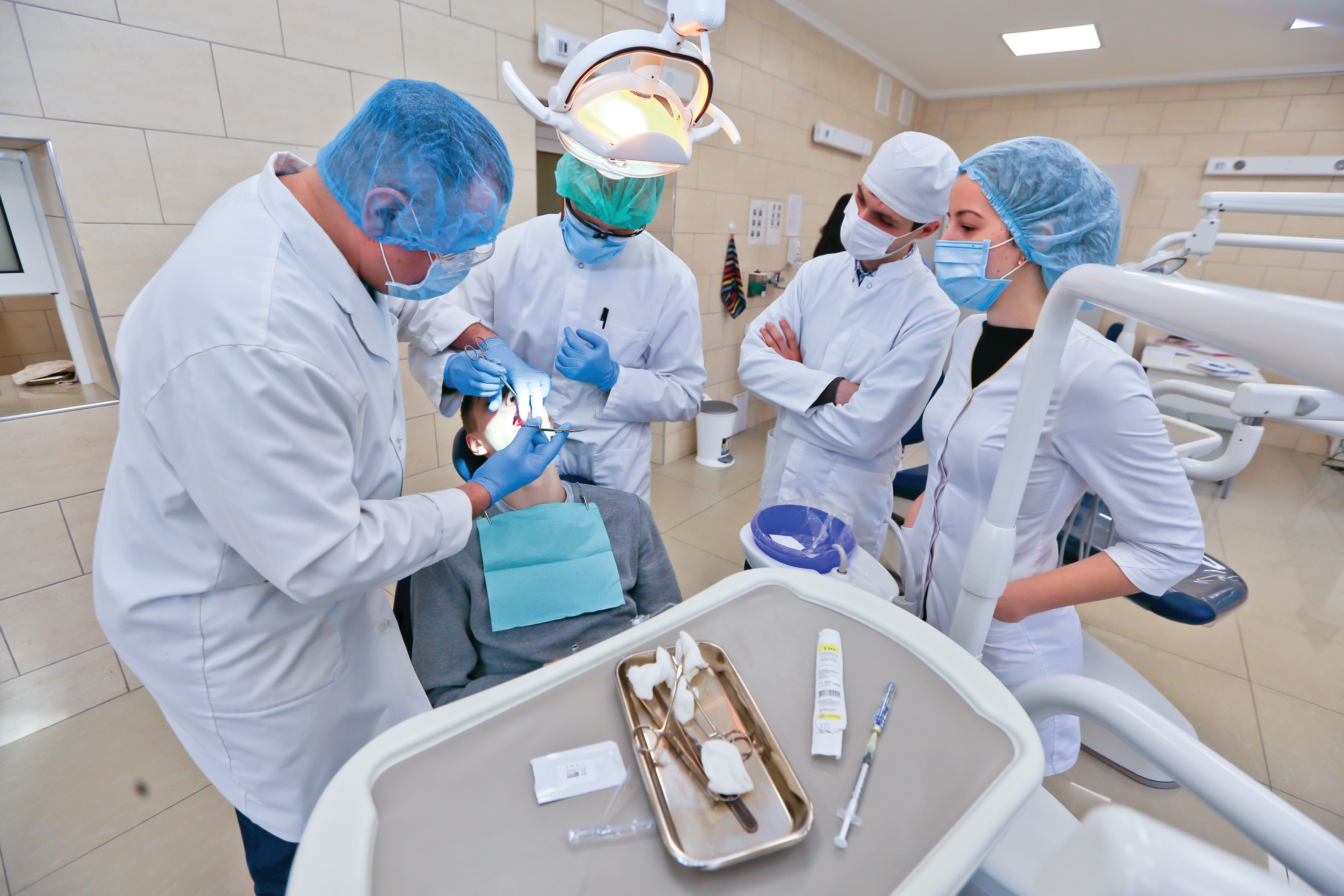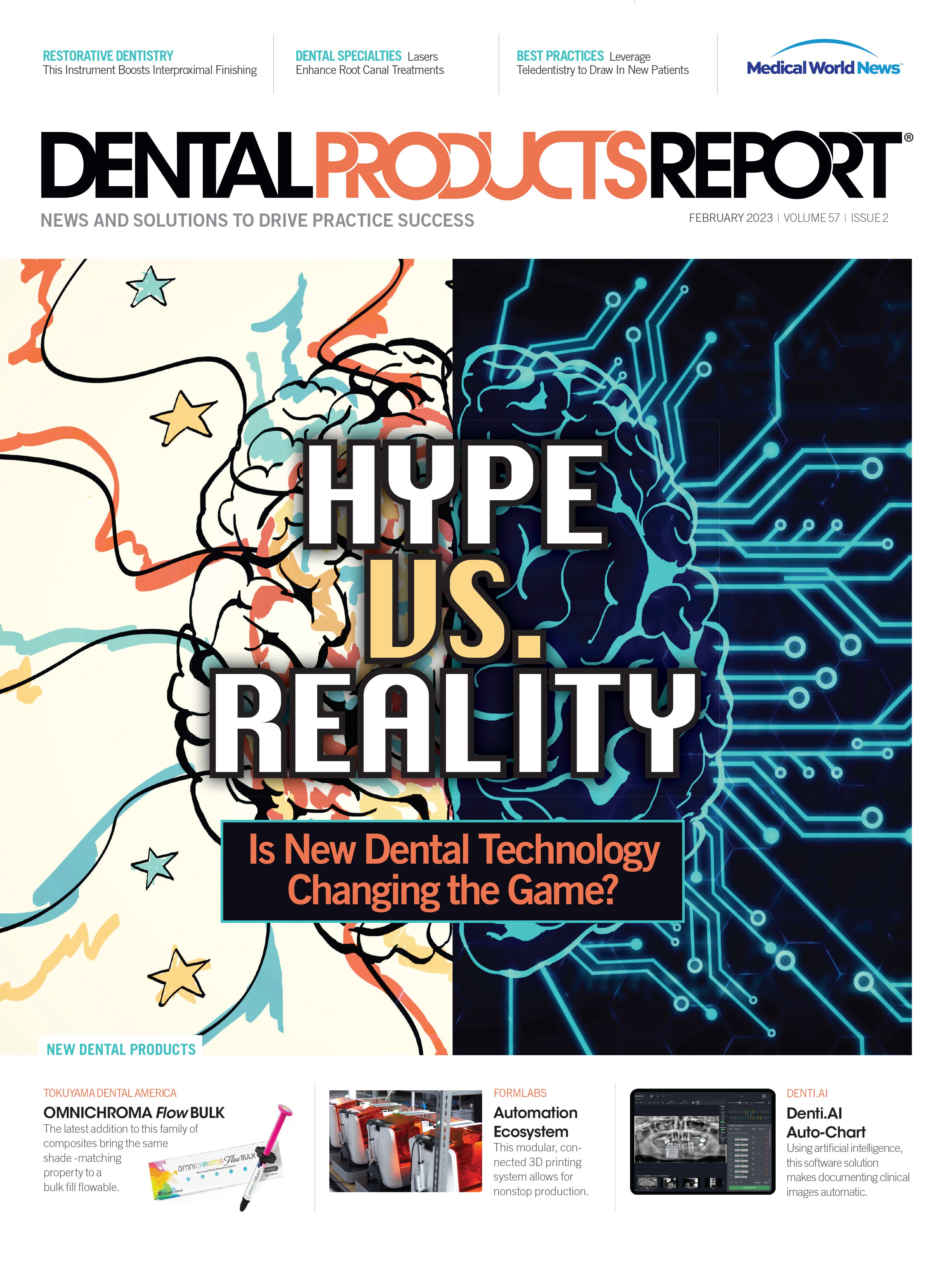Career Advice for Dental Students
A few helpful tips for dental graduates ready to embark on their careers.
ShapikMedia / stock.adobe.com

Starting out in a new career can be fraught with uncertainty. As a practicing dental professional and educator, I am thrilled to share advice with students preparing to enter the workforce, in particular about setting up their own practice and the goals they may want to achieve.
What are the biggest challenges?
One of the greatest challenges for recent graduates who have student debt to repay arises from working at a practice that values production over quality. Although financial concerns are very important, it is essential to choose a practice that suits your needs but does not compromise your values.
Another major challenge is the business aspect of the job. In dental school, students focus on science and the skills necessary to practice their specialty; most dental programs don’t require them to take business classes to graduate, which can leave them unprepared for the real world. To circumvent this problem, I recommend that students seek to develop business and communication skills, either by taking classes or seeking mentors who can eventually help them run a successful business.
For new graduates—and even for experienced professionals—choosing and investing in the right technology can represent a major hurdle. Although new dentists have a general idea of what equipment they need to provide proper care, they may be daunted by the prospect of making purchasing decisions about millions of dollars worth of equipment and tools to help patients manage oral health in-between visits. Here, again, I recommend not only seeking mentors, but also researching product claims, and looking for clinically backed results to ensure they select the right technology and work with trusted industry partners.
Communication is everything.
Although it may sound simple, communication is essential to maximizing professional success. Good communication plays a vital role in developing a robust and trusted team and is likewise indispensable to the patient experience, whether it be communicating costs, aligning on health goals, or understanding different personalities to build trust and rapport.
Education never ends.
Graduating from dental school is a great accomplishment! However, it is essential to realize that learning does not end once you receive your degree. Continuing education determines your leadership goals, so be eager to grow and take every opportunity to learn more.
It’s a journey, not a destination.
Look at the big picture; it’s crucial to focus on your personal goals and not sweat the small stuff. Don’t forget why you joined the profession and continue striving to achieve your objectives and make a positive difference in the world.
Should you start with your own practice?
The best place to start is where you are most comfortable, whether that be in your own practice or as an associate in someone else’s. If you choose owning a practice, the best advice I can offer is to build a team you can trust and respect—and vice versa.
To create a team that works well together, it is crucial to identify your specialty and the services you’ll offer patients. But remember that you won’t always be able to meet the needs of all patients. It’s OK to say, “What you need is not something I can provide, but I would be happy to recommend you to another professional who can serve you better.”
You must also understand your patients’ individual health goals. Oral health maintenance can be a significant investment for some patients, so it is essential to be empathetic and offer them the tools they need.
In short, remember to set goals, and if you don’t reach them immediately, don’t worry: focus on the bigger picture and hire good folks.
About the Doctor
Dr Mark E. Hyman is a dentist from Greensboro, North Carolina, and a public speaker whose work is characterized by his warmth, enthusiasm, sense of humor, and passion for dentistry. As an accomplished seminar speaker, he has lectured throughout North America and Europe at every major dental meeting. Dr Hyman has earned national and international recognition for his seminars. He loved his 32 years in private practice and currently serves as an Adjunct Full Professor and Special Assistant to the Office of the Dean at the UNC Adams School of Dentistry in Chapel Hill, North Carolina. Dr Hyman is also a Philips Oral Health Care Key Opinion Leader.

How Dentists Can Help Patients Navigate Unforeseen Dental Care
December 12th 2024Practices must equip patients with treatment information and discuss potential financing options before unexpected dental treatments become too big of an obstacle and to help them avoid the risk of more costly and invasive procedures in the future.
Floss & Flip Flops Episode 22: National Dental Hygiene Month
October 1st 2023Join the Sanders Sisters and Dr Anna Kay Thompson as they learn about the burning questions the medical community is not asking about oral health. Learn about all of the ways they are celebrating the good work of dental hygienists in their quest for whole-body health.